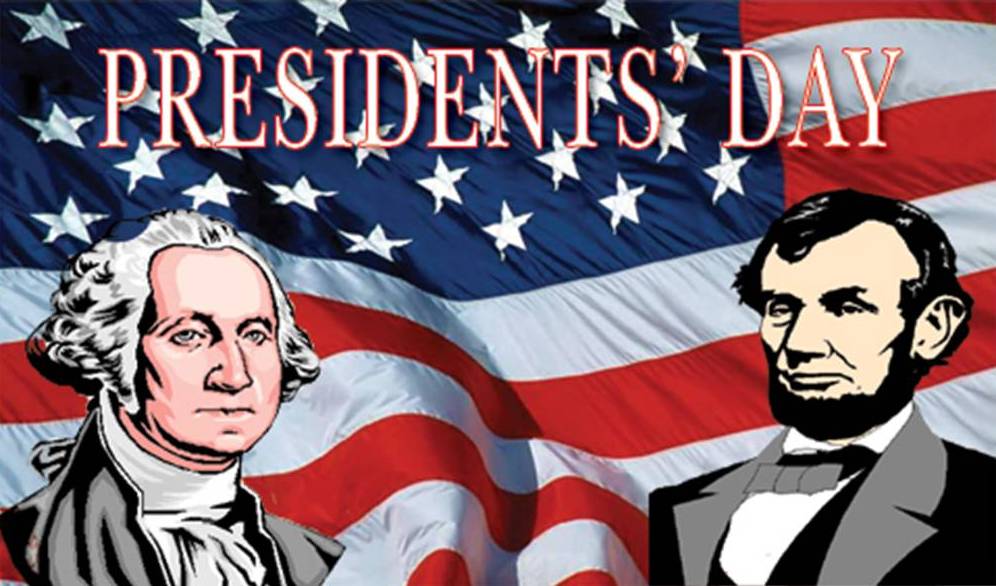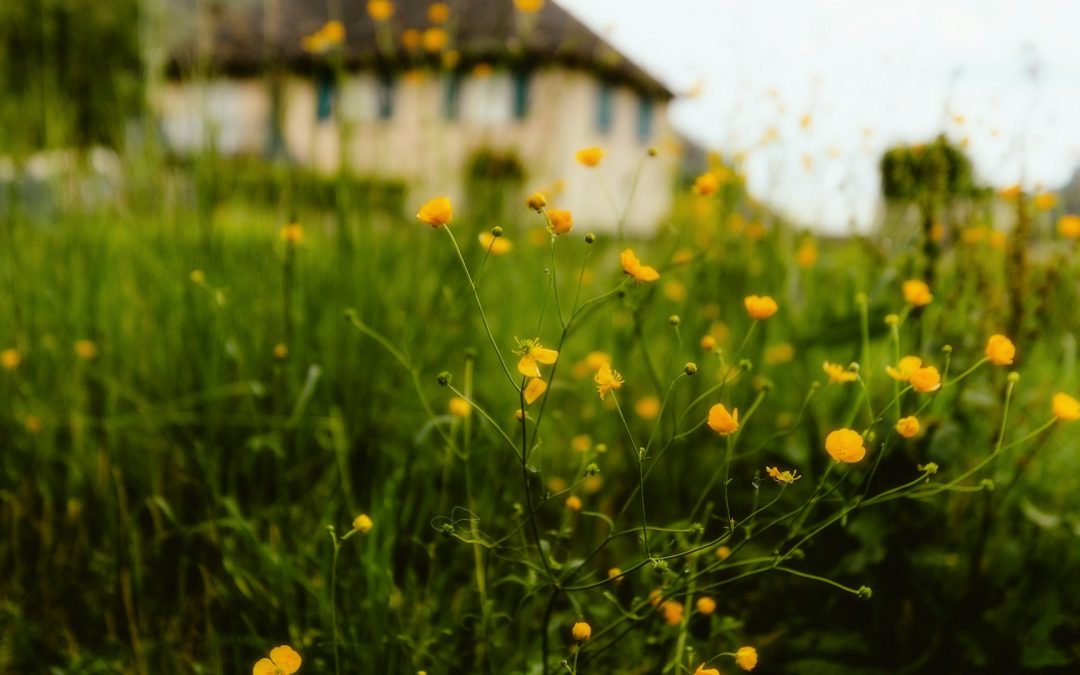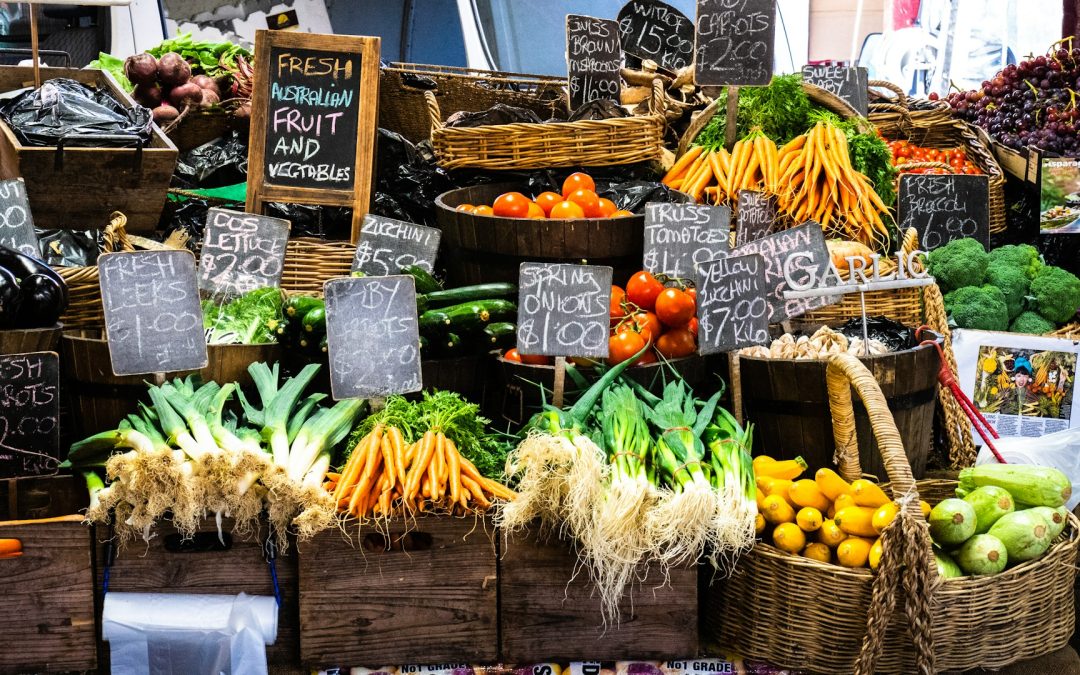As we celebrate President’s Day each year, it’s fascinating to delve into its history and how it connects with places like Columbia, South Carolina. This city has a rich past that intertwines with the lives of U.S. presidents, making it an exciting place to live and explore.
The Origins of President’s Day
President’s Day originated from George Washington’s birthday celebrations. Born on February 11, 1731 (or February 22 under the modern calendar), Washington was a figure deeply respected by Americans after his leadership during the American Revolution and his role as the first U.S. president. Following his death in 1799, his birthday became a day to honor his legacy.
In 1879, Rutherford B. Hayes made Washington’s birthday an official federal holiday on February 22. Over time, Abraham Lincoln’s birthday also gained recognition alongside Washington’s. However, Lincoln’s Day was never officially declared a federal holiday. The Uniform Monday Holiday Act in 1971 moved several holidays to Mondays for longer weekends. Although Congress didn’t rename Washington’s Birthday “Presidents’ Day,” states began using this term informally to honor all U.S. presidents.
George Washington Visits South Carolina
In April 1791, George Washington visited southern states to unify the nation and learn about their economies and geography. During this trip:
- He entered Horry County on April 27.
- Spent the night in Georgetown on April 30.
- Had breakfast with Eliza Lucas Pinckney at Harriott Horry’s Hampton Plantation.
- Attended lavish parties and church services before leaving for Savannah.
Washington also stopped near Jacksonboro and traveled through Pocotaligo before reaching Augusta via Edgefield and Columbia.
Columbia: A City Steeped in History
Columbia became South Carolina’s state capital due to its central location after being chosen by Senator John Lewis Gervais in March 1786. It was named “Columbia” over “Washington” by an eleven-to-seven vote in favor of Gervais’ preference for “Columbia”.During George Washington’s visit in May 1791:
- He noted that Columbia was laid out grandly but felt it should have been placed closer to the river below falls because much of it remained uncleared woodland at that time.
- The State House building impressed him as large but unfinished.
Today, Columbia is known for its historical significance during colonial times and more recent events like secession conventions leading up to the Civil War.
Why Live in Columbia?
Living in Columbia allows residents to immerse themselves in American history and enjoy vibrant cultural activities. Historic Sites: Explore sites like Fort Jackson or visit landmark homes like the Woodrow Wilson Family Home. Education & Culture: Enjoy educational tours around Presidents’ Day or attend events celebrating local heritage throughout the year. Whether you’re interested in history or simply looking for a place with deep roots connected directly back to America, Columbia provides both!
Making Your Home Where History Meets Opportunity
If you’re considering moving somewhere rich with historical significance yet full of life today—look no further than Columbia! From honoring past leaders like George Washington during Presidents’ Day celebrations each year right up to enjoying modern attractions available across town—there truly is something here waiting just around every corner, just waiting to be discovered!
Source: lpatucson.org
Header Image Source: hpa.pasco.k12.fl.us






